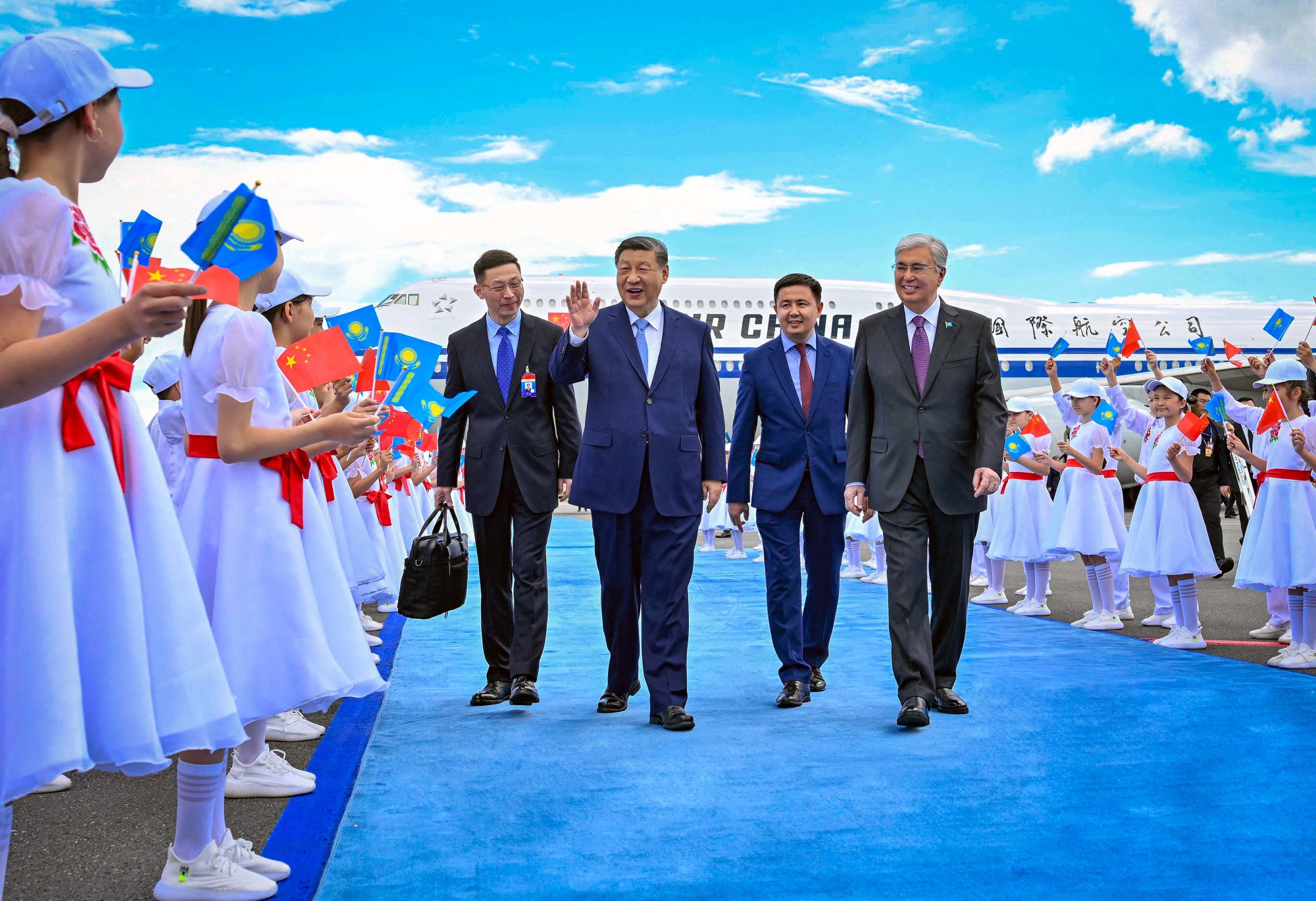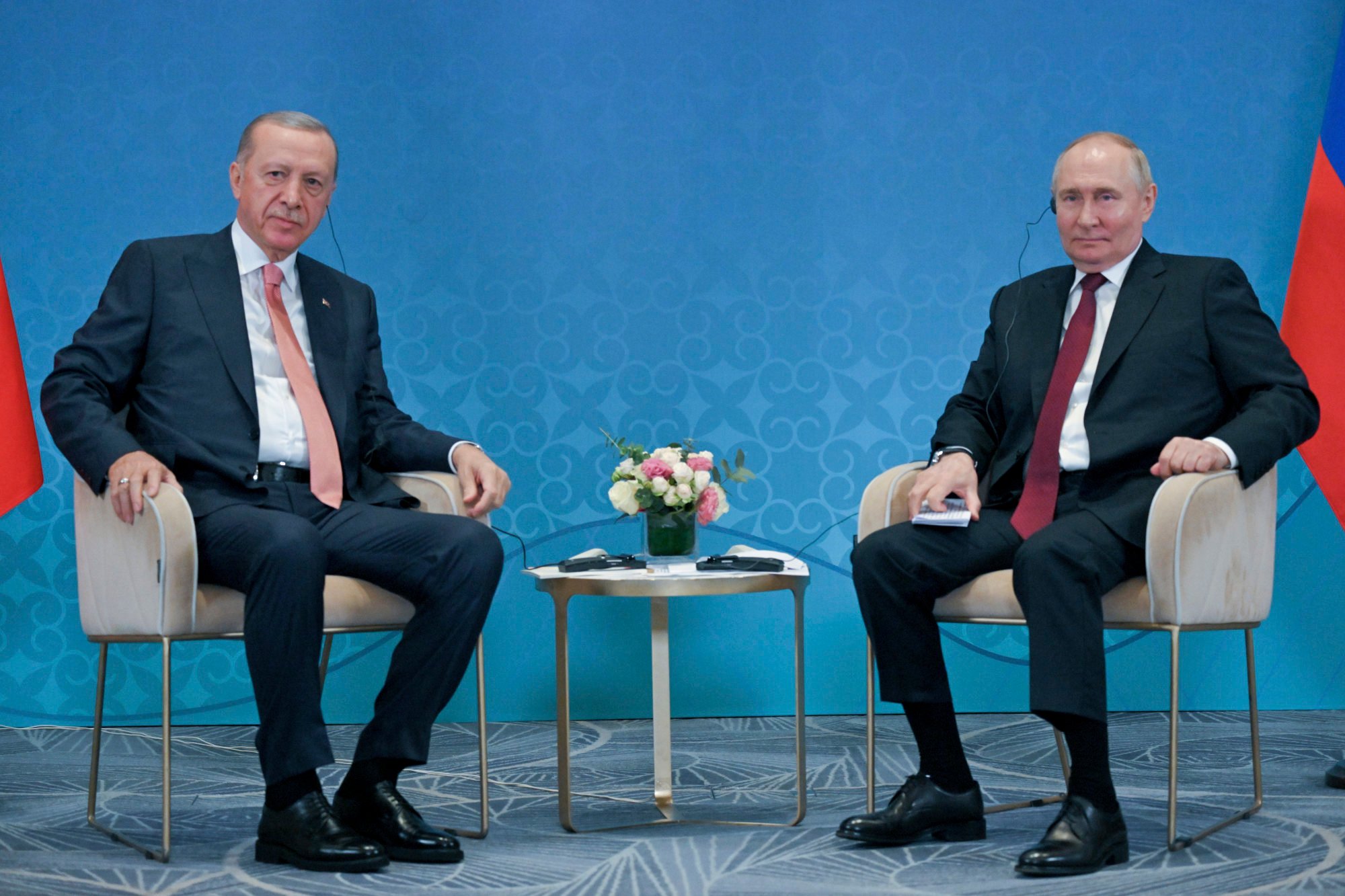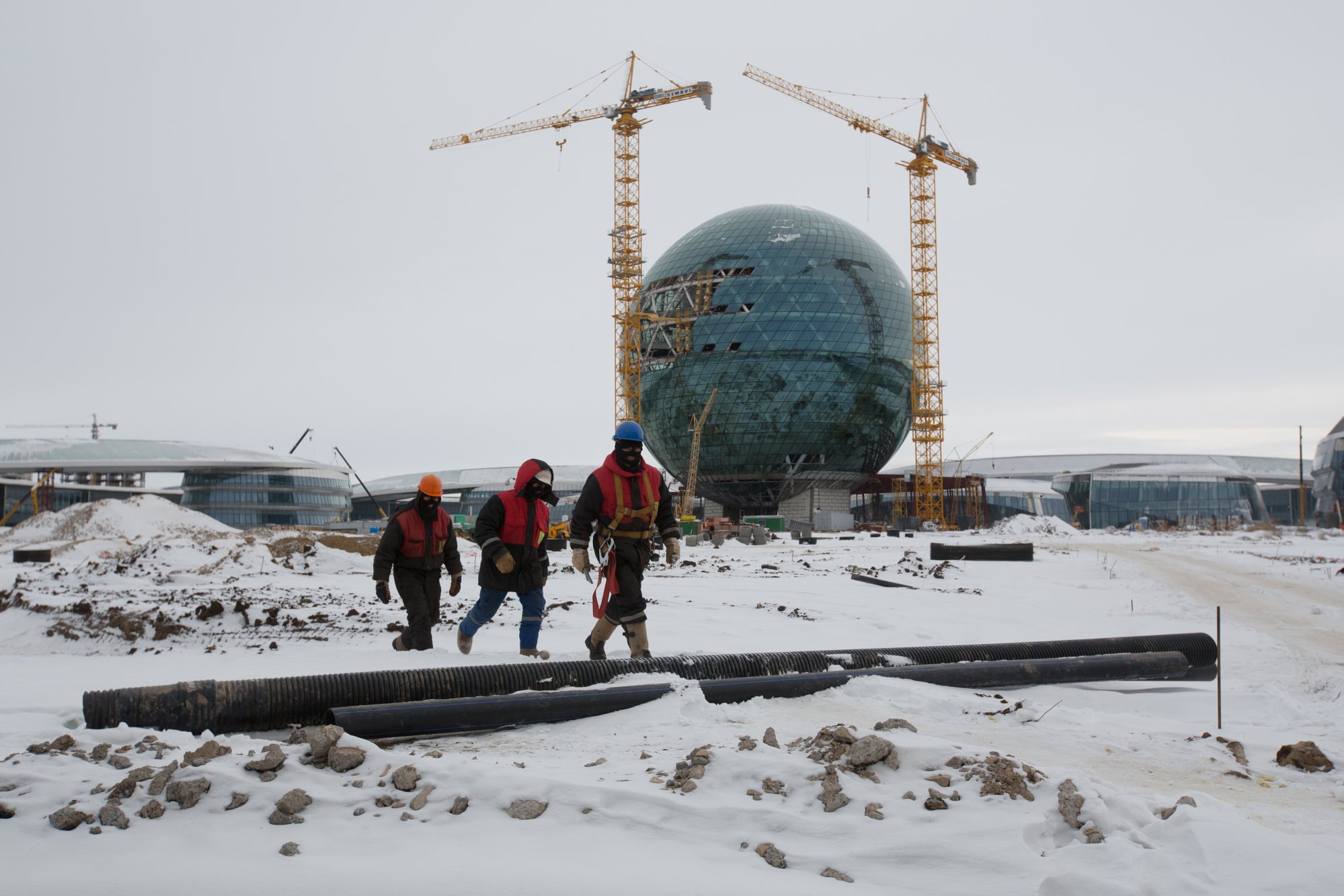Has China gained the upper hand over Russia in Kazakhstan?
Also, before Xi’s visit to the Central Asian nation, Chinese flags and announcements of his visit appeared on the streets of Astana. These symbolic gestures indicate that Kazakhstan sees China as a de facto leader of the group, and that it seeks to strengthen economic relations with Beijing.
Officially, Xi came to Kazakhstan for a state visit, while other SCO leaders only came to participate in the summit. But as Kazakhstan’s Deputy Foreign Minister Roman Vassilienko told me in an interview, out of 10,000 people who came to Astana for the forum, more than half were Chinese, which suggests that the event in the Kazakh capital had huge importance for Beijing.

Kazakhstan, for its part, continues its “multi-vector foreign policy”, balancing between its two giant neighbours – Russia to the north, and China to the south. That is why Kazakhstan seeks to develop closer ties with the West, hoping that it would help it create a counterbalance to its allied ties with Moscow and close economic cooperation with Beijing.
Quite aware of Kazakhstan’s status as a middle power, UN Secretary-General Antonio Guterres, who also took part in the summit, said that Kazakhstan serves as a “shining example of a consistent struggle for peace”.

Since the SCO leaders adopted the Kazakh-proposed initiative, On World Unity for a Just Peace and Harmony, it is entirely possible that the future of various conflicts such as the Ukraine war were on their agenda behind closed doors.
“We try to advance economic cooperation, but it’s not an easy task. Countries still work more on a bilateral rather than on a multilateral basis,” Vassilienko told me.

Indeed, to strengthen its role in the international arena the group will have to work more on economic issues. The SCO represents 40 per cent of the world’s population. Together, member countries account for around 20 per cent of global gross domestic product. But the problem in such a diverse organisation is that its members can hardly reach consensus over crucial matters.
Nowhere is that more obvious than in Kazakhstan, and Central Asia in general, where China can eventually replace Russia as the major foreign actor in the energy-rich region.
Nikola Mikovic is a freelance journalist, researcher and analyst based in Serbia